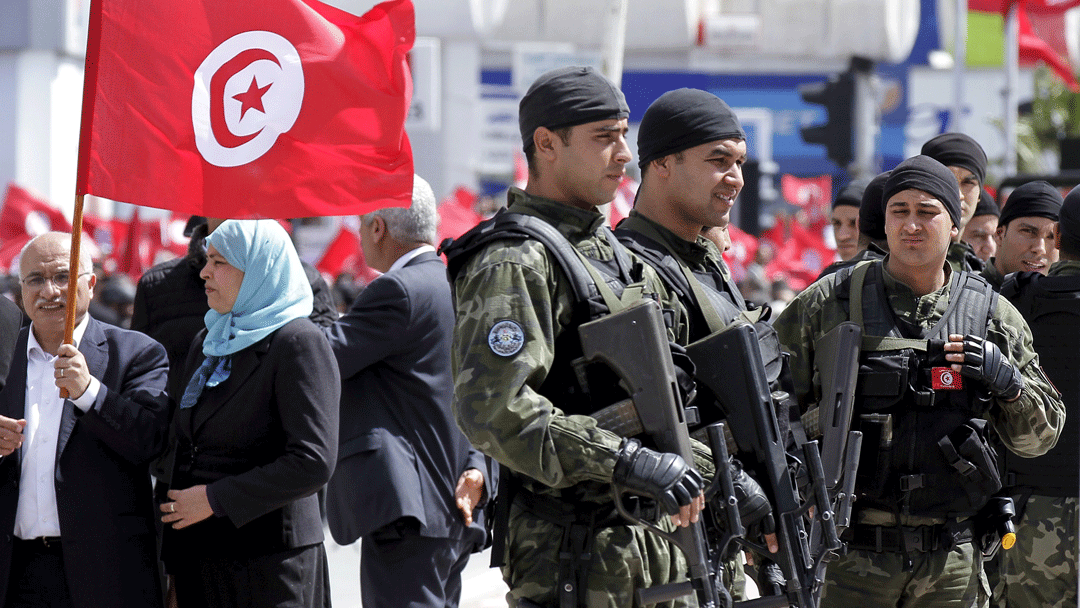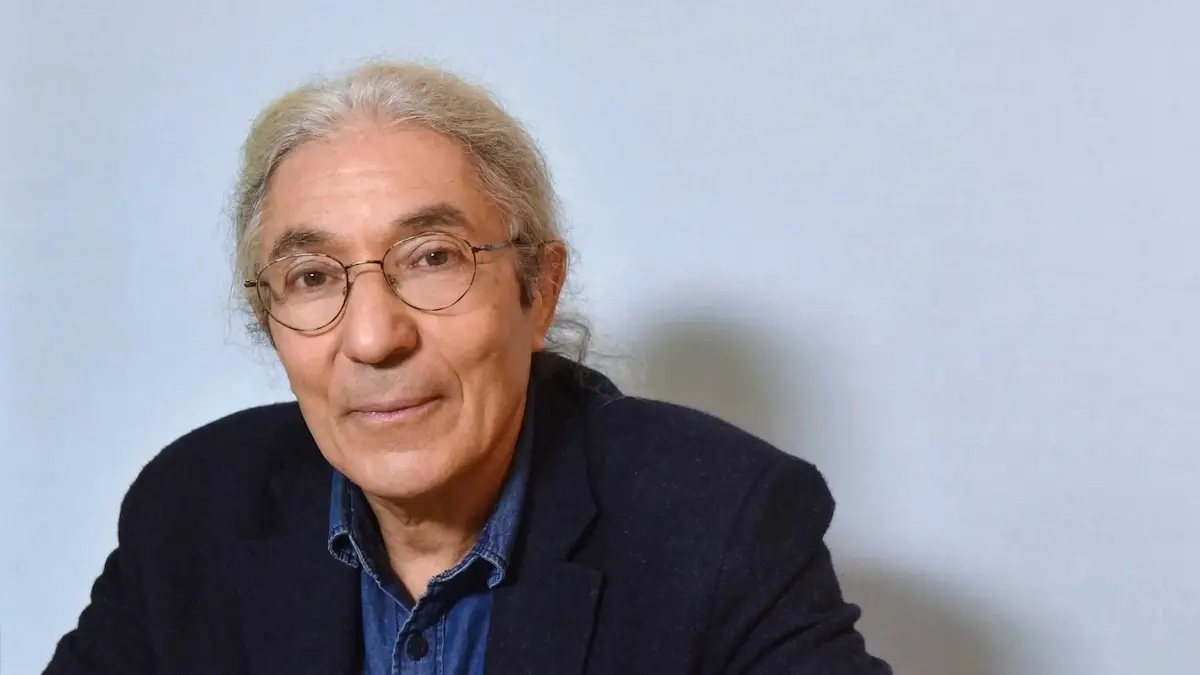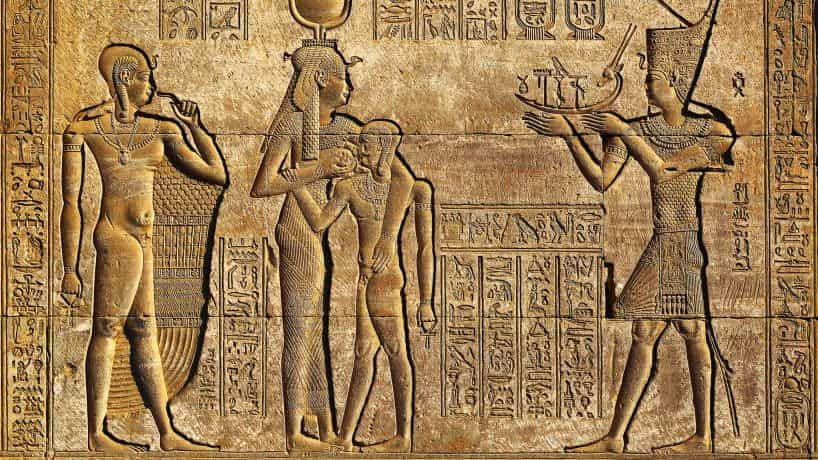
Tunisian police took Ahmed Gam from the shop where he worked, accused him of looting during recent protests, and beat him so badly during his detention last month that he lost a testicle, he said.
Lying in bed in his parents’ home in Bennane, near the coastal city of Monastir, Gam, 21, could not stand without help and cried as he described police beating and burning his genitals.
His account was supported, in part, by a hospital report viewed by Reuters.
Tunisia is widely seen as the sole relative success story of the 2011 “Arab spring” revolts for its democratic advances. It holds regular elections and has a press that criticises the state.
But Gam’s case is one of at least 100 in which, a Tunisian and international rights group says, security forces recently used violent abuse after people engaged in protest and dissent, freedoms won during the revolution 10 years ago.
The protests, which began on Jan. 15, the day after the 10th anniversary of the revolution, have increasingly focused on abusive tactics by police.
The Interior Ministry, which has oversight of the police, said it would not comment on ongoing cases, including Gam’s, when asked by Reuters. But it denounced allegations against police as “attacks aimed to undermine the credibility of its structures” and said it sought a balance between upholding rights and enforcing the law.
“Some individual mistakes happen but ... we have maintained self restraint despite provocations,” said Jamel Jarboui, spokesman for the national syndicate of security forces, a police union.
A judge in Monastir is investigating Gam’s complaint of torture. The family gave the judge the report from Sahloul Hospital in Sousse describing Gam’s admission on Jan. 30 with “testicular trauma” and a decision to remove the testicle.
The document, viewed by Reuters, is stamped by both the hospital and the Monastir Court of First Instance and dated Feb. 4. An official at the hospital, who asked to remain anonymous, confirmed Gam was hospitalised on Jan. 30 and his testicle removed.
The judge could not be reached for comment but the state news agency TAP cited a court spokeswoman as saying he had opened an investigation for torture which caused the loss of an organ after seeing the doctor’s document and hearing from the plaintiff.
The judge has asked three people to appear before him on Monday in connection with the case, TAP reported.
The recent unrest, which began on the day after the 10th anniversary of the revolution, started as clashes at night between police and youths in poor city districts before spreading to daylight protests.
While the protests initially targeted inequality, they later focused more on anger at police abuses, with demonstrators last week shouting: “police everywhere, justice nowhere”.
TORTURE
Gam denies having taken part in the protests as well as the accusations of looting. He said police seized him on Jan. 27 while he was at work and started hitting him in the face as soon as they put him in their vehicle.
They took him to a detention centre in Monastir, tied his feet to the legs of a table “like a chicken” and then beat him in the groin with sticks, he said.
“I told them I would die,” he said.
They then removed his clothes. “One of them took a lighter and put it to each testicle,” he said. The policeman stopped when a colleague told him to, Gam said.
A group of seven police continued to torture him for more than an hour, he said. He was then held for two days without medical treatment.
To end the assault, he said he told police he “stole everything”, a confession he told Reuters was untrue.
After two days police took him to hospital in the nearby city of Sousse, his testicle swollen and blackened. Doctors then removed it, he said.
After his operation he was returned to custody and still faces prosecution for looting. However, the judge ordered his release while under investigation because of his medical condition, he said.
Apart from viewing the medical records, Reuters was not able to independently corroborate his account.
ANGER
Monther Charni, head of the Tunisia Organisation Against Torture, said he knew of more than 100 cases of ill treatment in detention. Abuses also included beatings, rape threats, stripping detainees naked and fabricating charges, he said.
Amnesty International North Africa director Amna Guellali also said the organisation had documented eight cases and believed police abuses during the recent unrest to be widespread.
Mohammed Hdaya from Kasserine told Reuters by phone that police accused him of incitement against the security forces in Facebook posts in support of the protests. They arrested him, beat him, removed his clothes and photographed him, Hdaya said. He denies incitement and said the judge rejected the charges but police continued to harass him.
“Is this a country of law?” he said.
Hamza Nassri Jeridi, a prominent activist and blogger, told Reuters he was detained on Jan. 17 after being accused of taking part in an illegal protest. He was held for three days in a crowded and dirty cell with no mattress or blanket.
Water was only available from a dirty tap in the cell. Food was served during the day but because he was taken to court each morning and returned at night he was not fed for three days, he said.
As with the case of Gam, the Interior ministry said it would not comment on ongoing cases. Reuters was unable to independently corroborate Jeridi and Hdaya’s accounts.
Source: Reuters





